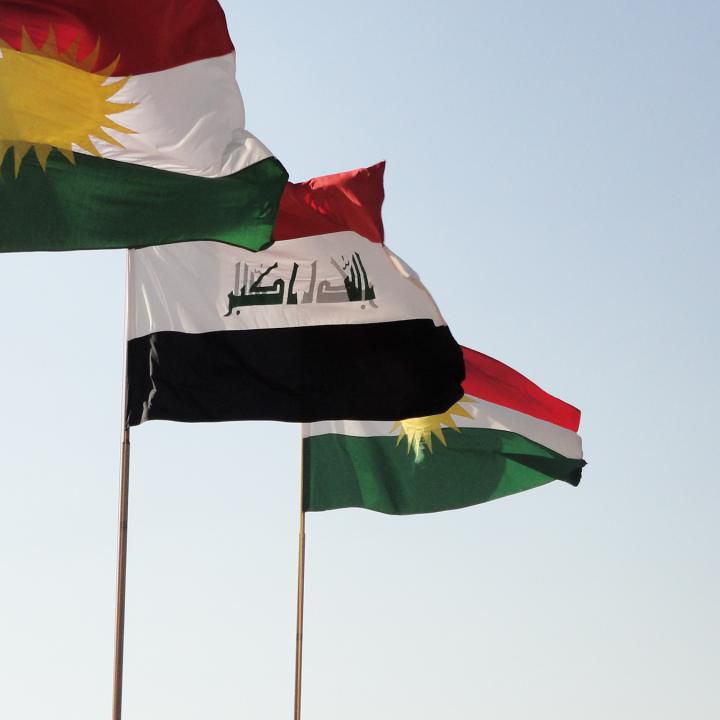In a country already struggling with plummeting oil revenues and explosive population growth, the ongoing salary dispute between the Kurdistan Region and the federal government in Baghdad has emerged as a critical flashpoint threatening national stability. With public sector payrolls swelling beyond sustainability and constitutional guarantees going unfulfilled, Iraq’s fragile economy stands on the precipice of potential downfall.
Oil-dependent economy faces mounting pressures
Iraq’s economic foundation remains precariously tied to oil, which generates the vast majority of national revenue. Recent data shows the federal budget has climbed to approximately $89 billion, while oil revenues hover between $75-80 billion annually. This fragile balance supports a bloated public sector that now employs over 4 million people in a country whose population has surged past 52 million.
The economic outlook appears increasingly unstable, with unemployment affecting at least 3 million citizens and potentially reaching 5 million. Global oil market volatility presents additional risks—analysts warn that if Brent crude prices, currently fluctuating between $60-65 amid regional conflicts, drop below $60 per barrel, Iraq could face economic catastrophe due to its lack of diversification.
“The state’s annual salary burden exceeded 10 trillion Iraqi dinars in 2023,” noted the Iraqi Central Bank report last December, highlighting the dangerous dependence on government employment in a country where citizens largely avoid private sector opportunities due to deep-seated distrust.
Kurdish employees bear brunt of political standoff
The Kurdistan-Baghdad salary crisis exemplifies Iraq’s larger governance failures. While federal employees throughout most of Iraq receive consistent salary payments, Kurdish public servants frequently endure delayed or reduced wages, despite constitutional provisions guaranteeing equal treatment for all Iraqis.
This disparity stems partly from Baghdad’s failure to integrate Kurdistan’s economy into the national framework. The decade-long economic tension reached a breaking point with the stoppage of Kurdish oil exports—a vital revenue stream—costing the federal government billions and further poisoning relations.
Political disputes consistently contaminate economic policy discussions, preventing the establishment of a standardized salary framework that would align with Iraq’s constitutional principles. The absence of such a framework not only fuels regional resentment but has also contributed to economic stagnation throughout Kurdistan, undermining Iraq’s broader national cohesion.
Reforms critical to prevent national economic collapse
Economic experts emphasize that Iraq must implement sweeping reforms to avoid disaster. Priority measures include restructuring operating expenses—particularly the unsustainable salary and pension systems—and transitioning from state-dominated economic models toward a social free market approach.
Revising socialist-era laws to align with market-oriented policies is essential as well as redirecting oil revenues toward infrastructure development, tax system improvements, and private sector support.
Resolving the Kurdistan-Baghdad economic divide specifically requires integrating the region’s economy with the federal framework while ensuring fair salary policies. This economic reconciliation must be anchored in constitutional principles rather than political bargaining.
Without decisive action, Iraq faces accelerating instability on political, social, and security fronts—challenges compounded by entrenched bureaucracy, widespread corruption, and resistance to modernization. For a nation with a rapidly growing population and dwindling resources, the salary crisis between Kurdistan and Baghdad represents not just a regional dispute, but a bellwether for Iraq’s economic future.
By Jawad Qadir

